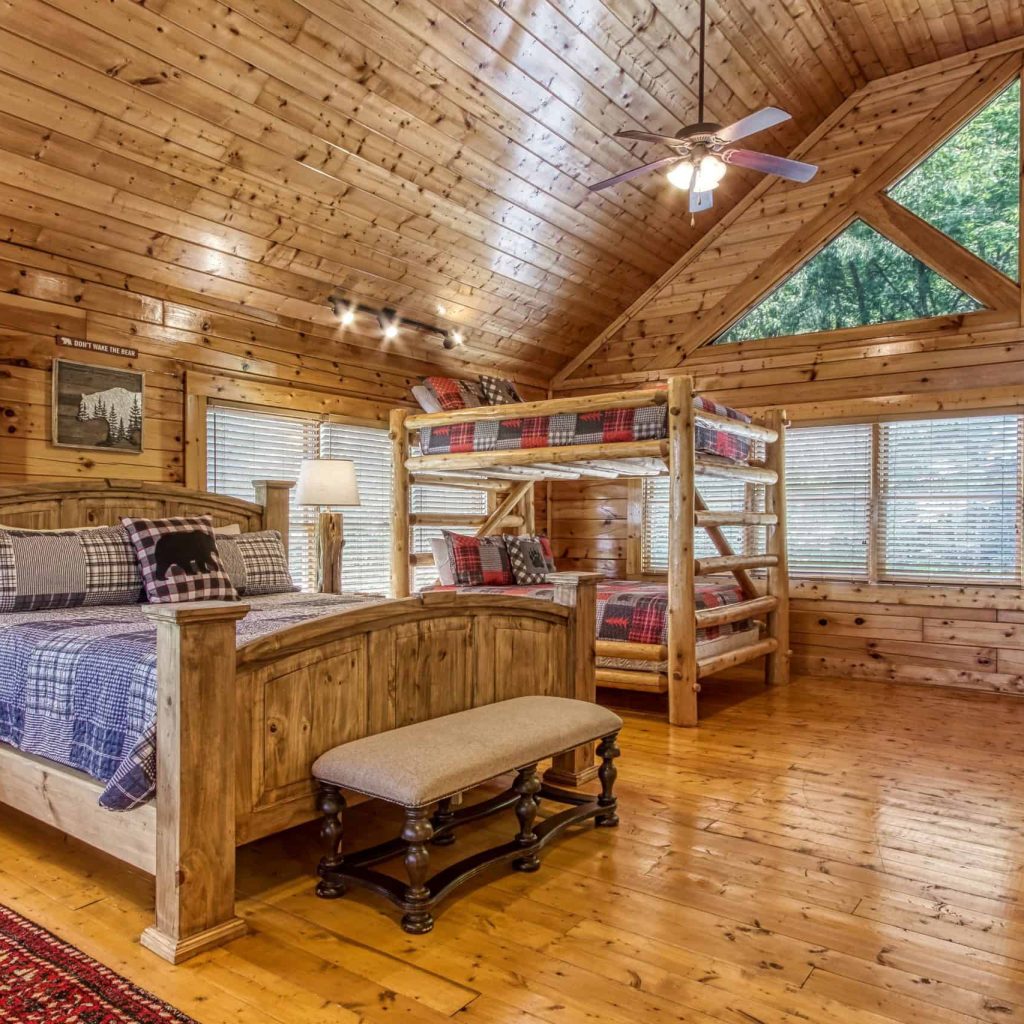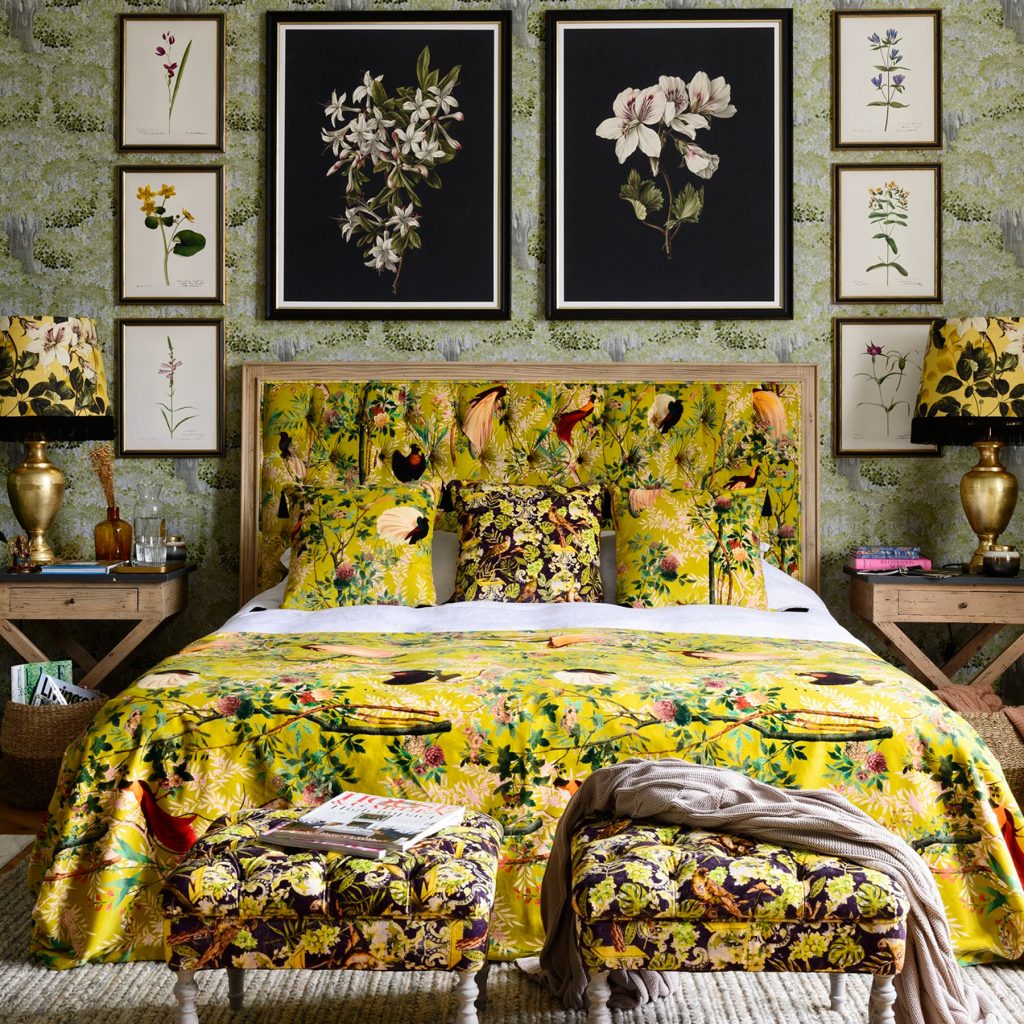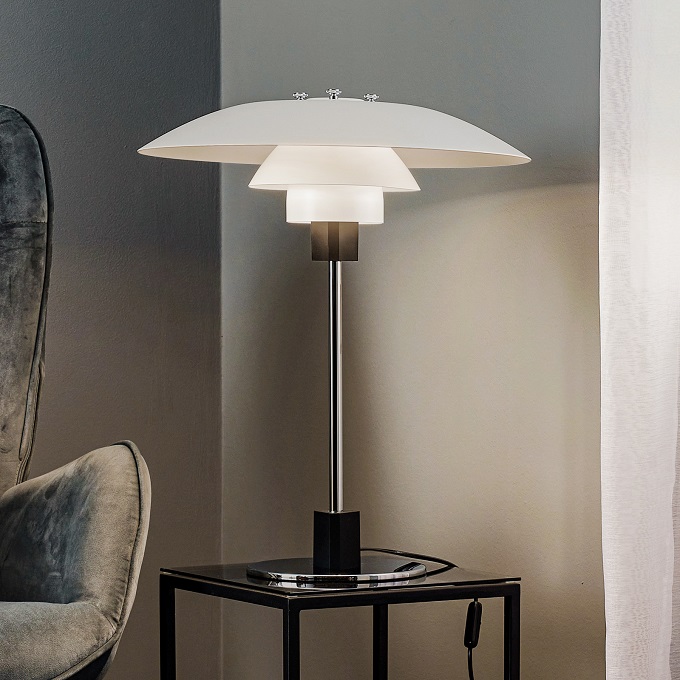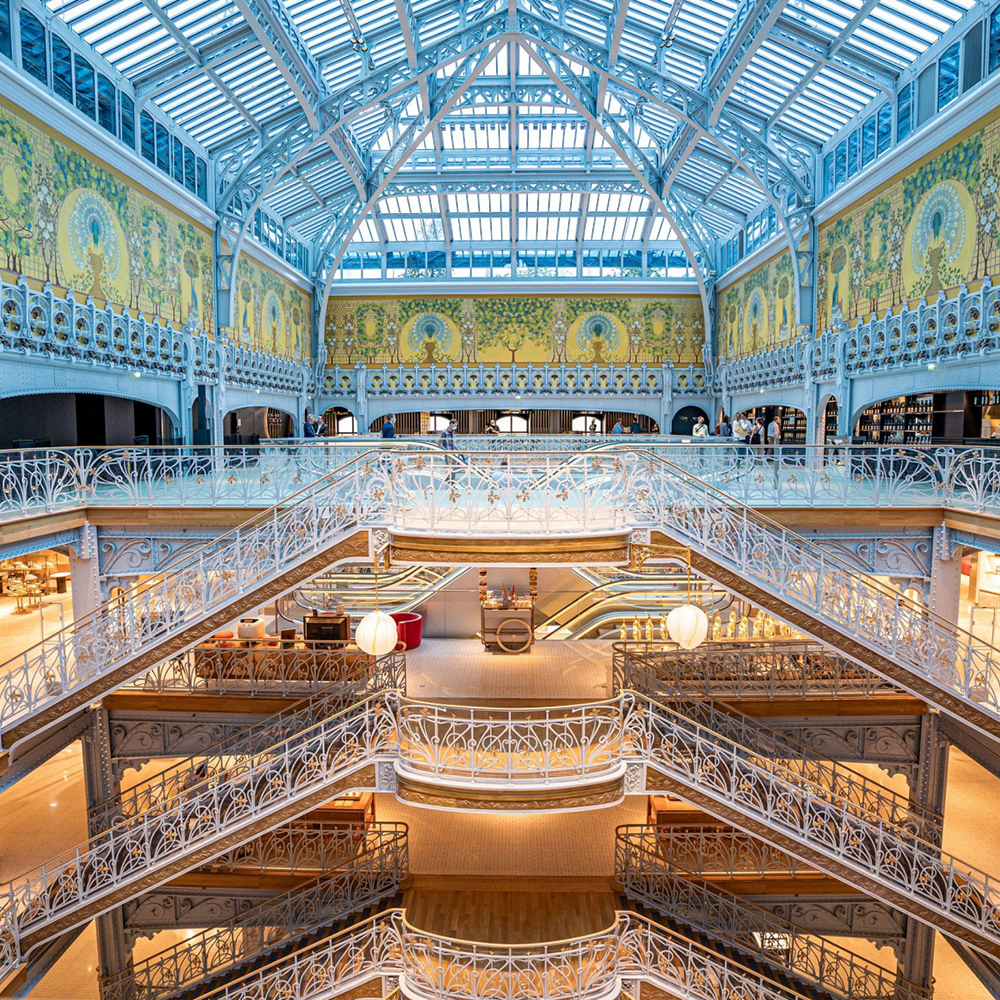When most people think of the French Riviera, they imagine sunny beaches, luxury yachts, and glamorous people sipping champagne. However, there is another side to this famous region: Marseille Noir, a term used to describe the darker and grittier aspects of the city of Marseille and its surroundings.
A Brief History of Marseille Noir
Marseille, located on the Mediterranean coast, is the second-largest city in France and has a history that stretches back over 2,600 years. Over the centuries, Marseille has been a melting pot of cultures, with Phoenician, Greek, Roman, and Arab influences, among others. The city has also been shaped by its location as a gateway to Africa and the Middle East, as well as by its role as a major port for trade, immigration, and smuggling.
Throughout its history, Marseille has been known for its toughness, resilience, and sense of independence. It has also been a center of crime, corruption, and violence. During the 20th century, Marseille became notorious for its gangsters, drug traffickers, and mafia clans, who controlled many aspects of the city’s economy and politics. Marseille’s reputation for crime and danger was further cemented by its portrayal in films such as “The French Connection” and “The Marseille Contract”.
The Landscapes of Marseille Noir
Marseille Noir is characterized by its stark contrasts of light and shadow, wealth and poverty, beauty and decay. The city is surrounded by rugged mountains, deep valleys, and winding roads, which provide hiding places for criminals, smugglers, and fugitives. In the city itself, there are neighborhoods that are vibrant and colorful, such as Le Panier and La Plaine, but also areas that are run-down and dangerous, such as La Castellane and Les Quartiers Nord.
The architecture of Marseille Noir is a mix of styles, from elegant 19th-century mansions to gritty postwar housing projects. The city’s iconic landmarks, such as the Old Port, the Notre-Dame de la Garde basilica, and the Château d’If prison, are all imbued with a sense of history and mystery.
The People of Marseille Noir
The people of Marseille are known for their passion, humor, and loyalty. They are also known for their fierce pride in their city and their resistance to outsiders who try to impose their will on them. In Marseille Noir, there are many characters who embody these traits, from the hard-boiled detectives and gangsters of crime fiction to the rebel artists and musicians who challenge tradition and authority.
However, Marseille Noir is also home to many immigrants and minorities who face discrimination, poverty, and violence. The city has a long history of tensions between its French and North African communities, as well as between its political factions and criminal gangs.
The Culture of Marseille Noir
The culture of Marseille Noir is a rich and diverse mix of influences, from traditional Provençal cuisine and music to contemporary street art and rap. Many artists and writers have been inspired by the city’s rugged landscapes, its colorful characters, and its dark history. Some notable examples include:
Marcel Pagnol
The writer and filmmaker Marcel Pagnol was born in Marseille in 1895 and is known for his nostalgic depictions of rural Provence in films such as “Jean de Florette” and “Manon des Sources”. Pagnol’s early works, such as “Marius”, “Fanny”, and “César”, are set in Marseille and capture the city’s unique dialect and customs.
Robert Guédiguian
The director and screenwriter Robert Guédiguian was born in Marseille in 1953 and has made several films set in the city, such as “Marius et Jeannette”, “La Ville est Tranquille”, and “Lady Jane”. Guédiguian’s films often explore the lives of working-class people and the effects of social and economic changes on Marseille and its inhabitants.
Akhénaton
The rapper and producer Philippe Fragione, known by his stage name Akhénaton, was born in Marseille in 1968 and is one of the pioneers of French hip hop. His lyrics often reflect his experiences growing up in Marseille and deal with themes such as poverty, racism, politics, and identity.
Marseille Noir is a complex and fascinating subject that captures the imagination of many people. It is a place of contradictions and surprises, where beauty and danger coexist, where tradition and innovation clash, and where the past and present are intertwined. By exploring Marseille Noir, we can gain a deeper understanding of the history, culture, and identity of Marseille and its people.

















